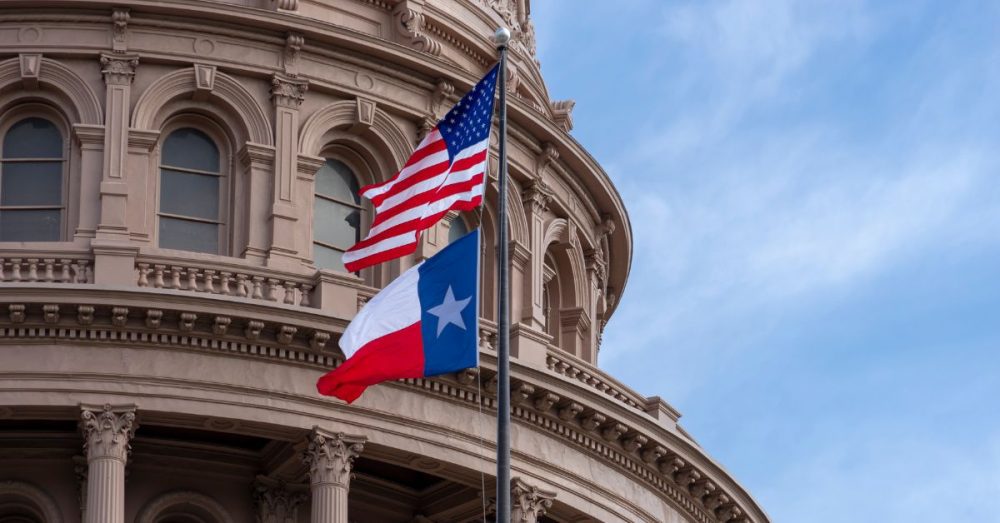(Texas Scorecard) – In a dramatic, last-minute deal to end the legislative session, Texas lawmakers approved a measure that will raise judicial salaries—and, in turn, increase their own taxpayer-funded pensions.
Passed just before the legislature adjourned Sine Die, Senate Bill 293 sets the starting salary for state district judges at $175,000, up from $140,000. Because legislative pensions are tied to judicial salaries, the vote also raises the maximum annual pension for lawmakers to $175,000.
The compromise, however, decouples judicial salaries from future legislative pension increases, a move that had been at the heart of a days-long political dispute.
While the legislation tasks the Texas Ethics Commission with reviewing and recommending any changes to legislative pensions every five years, that begins in 2030. In the short term, lawmakers’ maximum annual pensions will increase by $35,000.
Lt. Gov. Dan Patrick had accused House sponsor Jeff Leach (R–Allen) of “killing” the judicial pay raise after Leach’s version of the bill removed automatic pension increases for legislators that are typically triggered by judicial salary hikes.
Patrick struck down that provision on a rare point of order, citing germaneness.
Leach, meanwhile, defended the House’s position, saying lawmakers should raise judicial pay without giving themselves a pension bump—a stance backed by House leadership and many rank-and-file members.
The stalemate drew the attention of Texas Supreme Court Chief Justice Jimmy Blacklock, who issued a memo over the weekend calling on both chambers to “find a short-term solution” to address urgently needed judicial pay increases now and revisit the pension debate next session. He noted Texas ranks 49th in the nation in judicial pay.
On Sunday night, both chambers appointed conference committees to come up with a compromise.
“While this proposal may not be perfect, I believe it is a thoughtful compromise that balances the concerns of both chambers while achieving our top agenda—that [of] supporting the integrity of our judiciary and getting something done on this issue this session,” said Leach.
The legislation passed the Senate unanimously, while it was approved by the House in a 114-26 vote, shortly before both chambers adjourned for the last time during this regular session.


